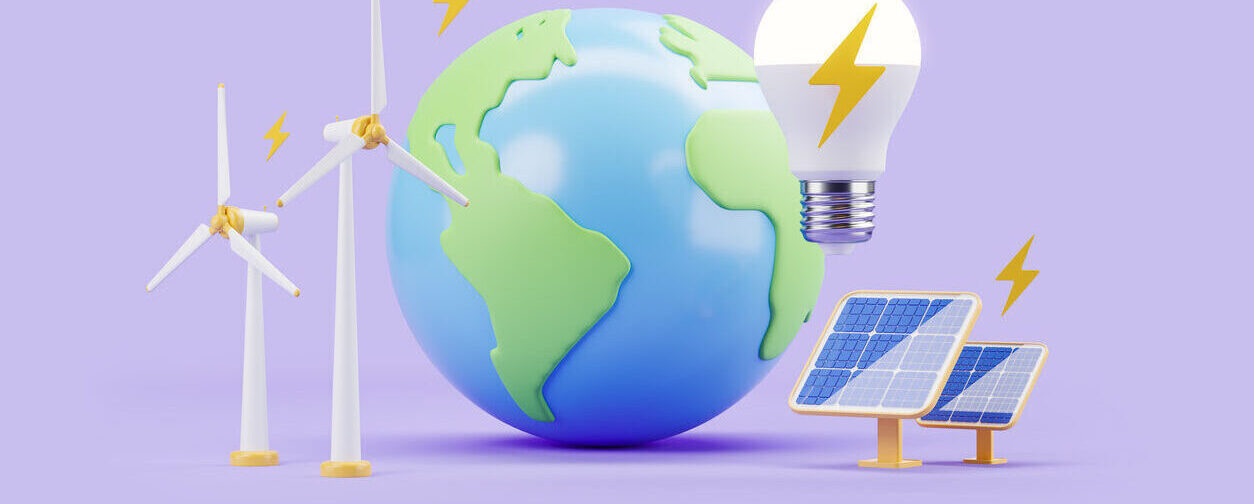India’s GCCs To Generate $100 Bn Revenues By 2030: Hardeep Singh Puri
India’s Global Capability Centres (GCCs) are poised to generate over US$100 billion in annual revenues and employ 2.8 million professionals by 2030, according to Union Minister for Petroleum and Natural Gas Hardeep Singh Puri. Speaking at the KPMG-Enrich dialogue, Puri highlighted the significant growth of GCCs in India, with the number of centres expected to reach 2,200 by 2030.
Puri emphasised that GCCs have become central to India’s role in the global energy and technology landscape. “In 2010, we had 700 GCCs. Today, we have 1,800. By 2030, we hope to reach 2,200 GCCs, 2.8 million jobs and revenues of over US$100 billion,” he stated. Half of the Fortune 500 companies already run GCCs in India, employing 1.9 million professionals and generating US$65 billion annually.
Puri also highlighted India’s progress in clean energy, including achieving a 10% biofuel blending target five months ahead of schedule and reducing costs in green hydrogen production. “We had 1.4% bio-fuel blending in 2014. We had a 10% target by November 2022; we did that five months in advance. We have a current target of 20%, the target date was 2030, we’ve done it six years in advance,” he said.
A report released by KPMG on Tuesday supports Puri’s claims, stating that GCCs in India will leverage the country’s strengths in artificial intelligence, automation, and engineering to evolve into strategic command centres, driving next-generation solutions in the energy ecosystem. The report highlights India’s deep digital talent pool, advanced analytics capabilities, and cost-efficient scalability as key advantages for GCCs.
By 2030, GCCs are expected to serve as command centres for intelligence and execution, linking upstream exploration to downstream distribution. They will drive predictive maintenance, real-time optimisation, and rapid experimentation in frontier technologies like green hydrogen and carbon capture. Companies that embrace this shift will unlock scalable capabilities, seamless customer experiences, and accelerated innovation.
Puri reiterated that India has already met its climate targets and will continue to shape the global energy transition. “India is the only G20 country which has met its climate targets. We are not just keeping pace with change; we are helping shape it,” he said.


















